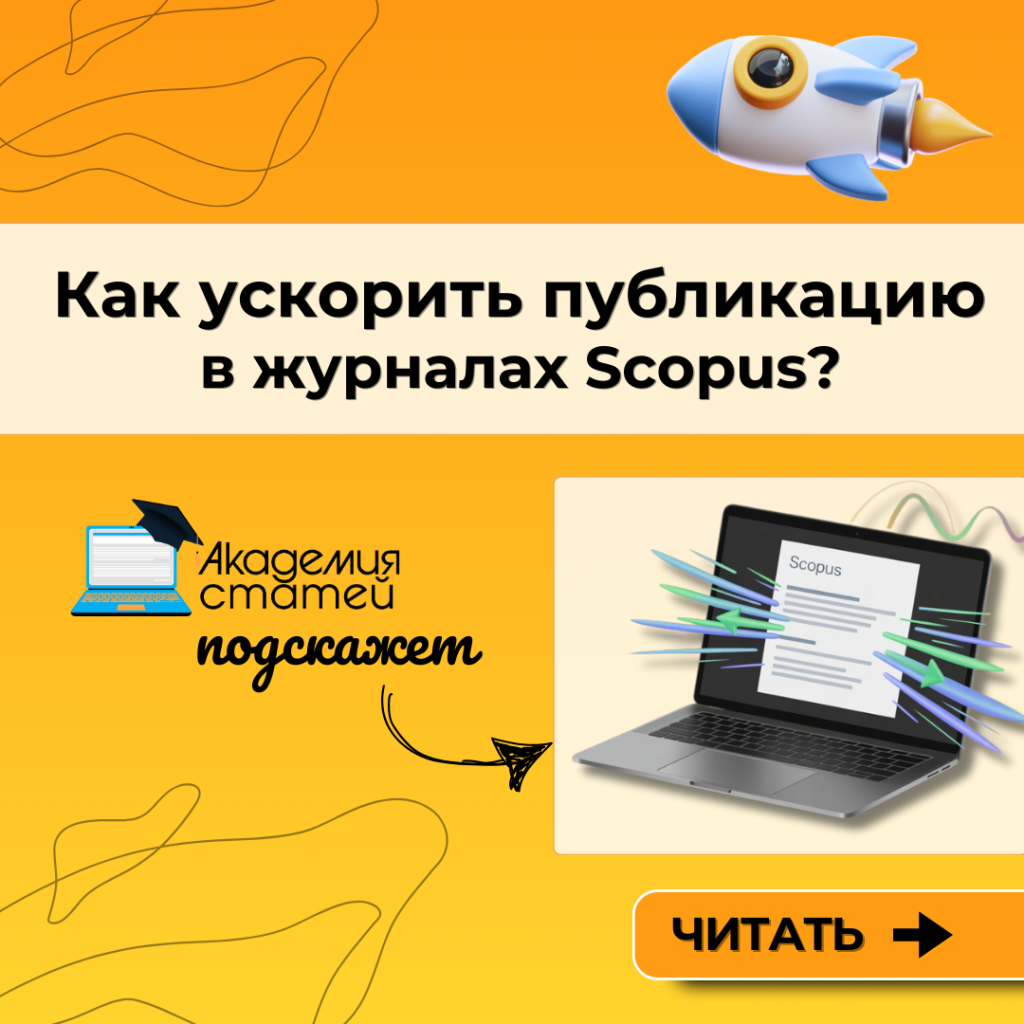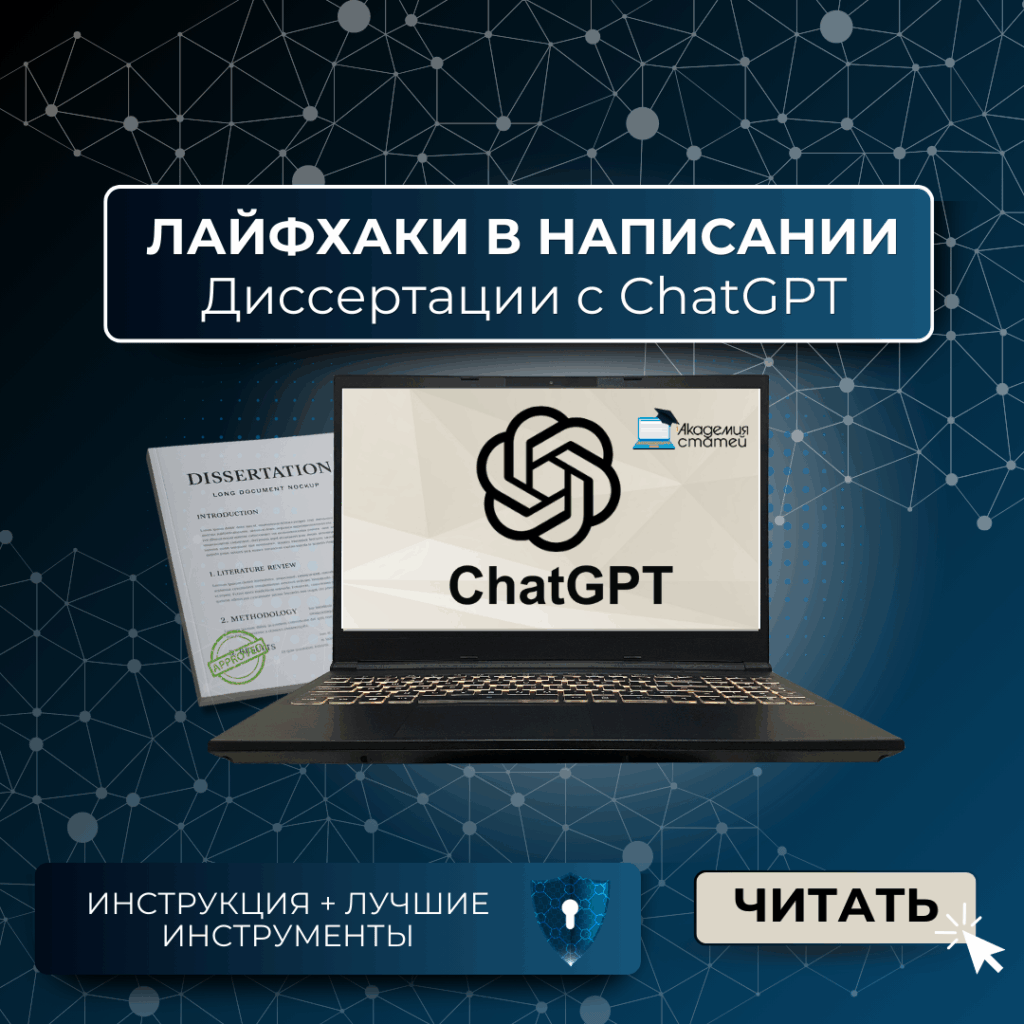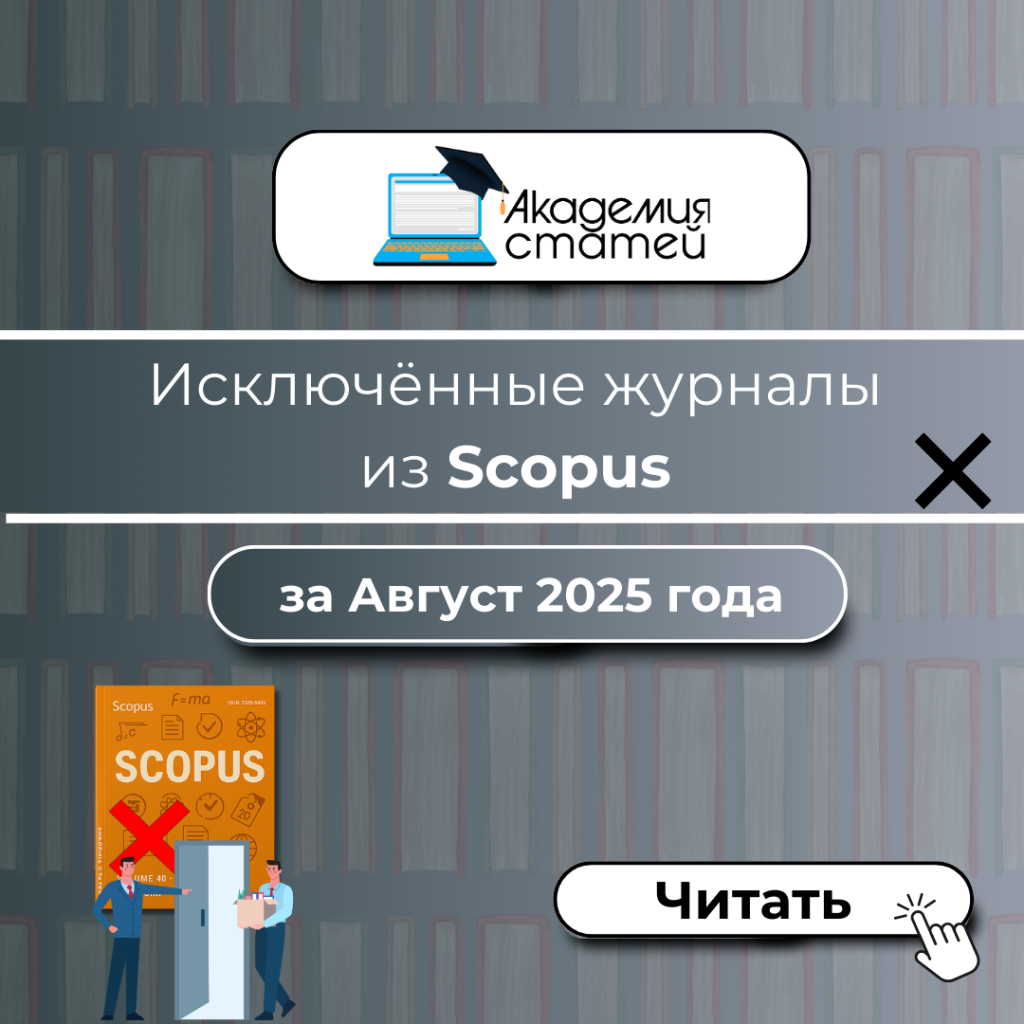Since the beginning of 2012, publications in journals listed by the Committee for Control in Education and Science (CCES) have become extremely important for Kazakhstani scientists. This is due to legislative changes that established publication requirements for obtaining academic degrees and titles. Publications in CCES are necessary not only for dissertation defenses but also for participation in grant programs and career advancement in science.
However, the publication process in such journals often poses challenges for Kazakhstani researchers. These challenges include high article quality requirements, lengthy peer review processes, and strict formatting requirements.
In this article you will learn:
📌 Why publications in KKSON journals have become important for Kazakh scientists;
📌 What is KKSON;
📌 Who needs to publish in KKSON journals and why;
📌 6 reasons why it is so difficult to get published in KKSON;
📌 7 tips from experts on how to quickly publish an article in the KKSON in 2025;
📌 You can study the current list of KKSON journals in 2025.
What is KKSON?
Transcript and start date
KKSON is the Committee for Control over Education and Science, established in 2011 in Kazakhstan. Its primary objective is to regulate the quality of scientific research and publications in the country.
The main tasks of the committee:
🔹 Compilation and updating of a list of scientific journals recommended for publication by Kazakhstani scientists.
🔹 Establishing standards for the publication of articles, including requirements for originality, scientific significance, and quality of materials.
🔹 Ensuring academic ethics and combating plagiarism in the scientific community.
🔹 Monitoring compliance with national standards in education and science.
The role of the Committee for Control of Scientific Research (KKSON) is to ensure transparency and objectivity in the evaluation of scientific publications, as well as to integrate Kazakhstan's scientific activity into the global scientific community. Journals included in the Committee's list must meet high standards of quality and scientific reputation so that they can be included in more reputable databases such as Scopus and Web of Science in the near future.
Who needs to publish in KKSON journals and why?
1. For postgraduate students, doctoral students and applicants for academic degrees.
To obtain a candidate or doctoral degree in Kazakhstan, publications in journals recommended by the Committee for Control of Education and Science (KKSON) are mandatory. Such publications confirm the scientific significance of the work and its compliance with state standards.
2. For teachers and researchers.
Publications in the Committee for Control and Supervision of Information Systems (KKSON) play a key role in career advancement at universities and research institutions. They are taken into account when:
✅ Awarding titles such as associate professor or professor.
✅ Participation in competitions for grants and funding of scientific projects.
✅ Improving your professional rating.
3. Participants of international and national grant programs.
Many grant programs, including national and international initiatives, require confirmation of scientific activity through publications in recognized scientific journals. KKSON journals confirm the high level of qualifications of researchers.
Why is it so difficult to get published in KKSON?
Publishing in journals recommended by the Committee for Control over Scientific and Cultural Affairs is a challenging task for a number of reasons:
1. Strict requirements for the quality of articles.
The Committee for Control and Supervision of Education and Science (KKSON) imposes strict criteria on scientific publications to ensure the high reputation of Kazakhstani science. Requirements include:
🔹 High level of originality of the material.
🔹 Scientific novelty and practical significance of the research.
🔹 Correct use of research methods and evidence base.
🔹 Correct formatting of the article in accordance with journal requirements.
2. Limited number of journals in the KKSON list.
The list of KKSON journals is limited, creating a high level of competition among authors. Many journals only accept a limited number of articles to maintain a high level of quality and reputation.
3. Lengthy review process.
The peer review process can take several months as editorial boards carefully check articles to ensure they meet scientific standards, are free of plagiarism, and are within the scope of the journal.
4. Lack of experience among the authors.
Many Kazakhstani researchers face challenges due to a lack of experience in writing articles that meet international standards. This applies to both scientific language and article structure.
5. Ethical and legal requirements.
The Committee for Control and Supervision of Educational Institutions strictly enforces academic integrity, including plagiarism checks and proper citations. Violation of these requirements may result in rejection of a publication.
6. High competition among authors.
Many Kazakhstani scientists strive to publish in KKSON journals to obtain degrees and academic titles. This creates additional pressure on editorial boards and increases competition for publication.
These factors make publication in KKSON journals a complex but achievable process if all requirements and standards are met. To successfully pass peer review, it is important to carefully prepare your article and follow the journal's guidelines.
⭐ Expert advice:
How to quickly publish an article in KKSON journals in 2025
1. Choose magazines with frequent issues.
Journals that publish more than six issues per year tend to publish articles more quickly. Frequent publication reduces the wait time for publication, as editorial staffs are more likely to submit materials for new issues.
2. Prepare the article in good English.
KKSON journals strive to be included in Scopus or Web of Science databases, so articles in English have an advantage. Ensure the text is written competently and professionally, possibly with the help of professional editors.
3. Ensure high quality of the article.
🔹 Article structure: Use the IMRAD (Introduction, Methods, Results, Discussion) format, which is recognized by the international scientific community.
🔹 Methodology: Clearly describe the methods used to ensure they are in line with international standards.
🔹 Discussion and Results: Write an extended discussion analyzing the results of your research.
🔹 Illustrations: Include tables, graphs, and charts to visually enhance the content of your article.
4. List of sources.
🔹 The literature database must include sources from Scopus and Web of Science.
🔹 The minimum bibliography size is 40-50 sources. This makes the article more convincing and appealing.
🔹 Please format your references strictly in accordance with the journal's requirements.
5. Use a publication template.
🔹 Many KKSON journals provide a template for article submissions. Be sure to use it! Violating this rule may result in automatic rejection of your article.
6. Consider review deadlines.
🔹 Check the journal's website to see if peer review deadlines are listed. If there's no such information, review the published articles—they usually list submission and acceptance dates. This will help you estimate the wait time.
7. Ensure originality and absence of plagiarism.
🔹 The originality of the text must exceed 90%.
🔹 Most KKSON journals use the StrikePlagiarism verification system. Check your article in advance using similar programs.
Conclusion:
Publishing articles in KKSON journals is an important and complex process that requires careful preparation and a thorough understanding of all requirements. In this article, we've reviewed the key steps and provided practical recommendations to help Kazakh scientists significantly increase their chances of successful publication.
However, it's important to remember that the journey from writing an article to its acceptance by a journal can be challenging. That's why it's important to use the proven strategies shared with you. Academy of ArticlesThanks to our experience, our team successfully publishes articles in KKSON journals within the required deadlines, adhering to all standards and requirements.
If you need help with the preparation and publication of your scientific work in the journals of the Committee for Control and Forensic Sciences, Academy of Articles We'll be happy to help! We offer support at every stage—from selecting the right journal to final submission. Contact us, and we'll make the publication process fast, professional, and successful.






